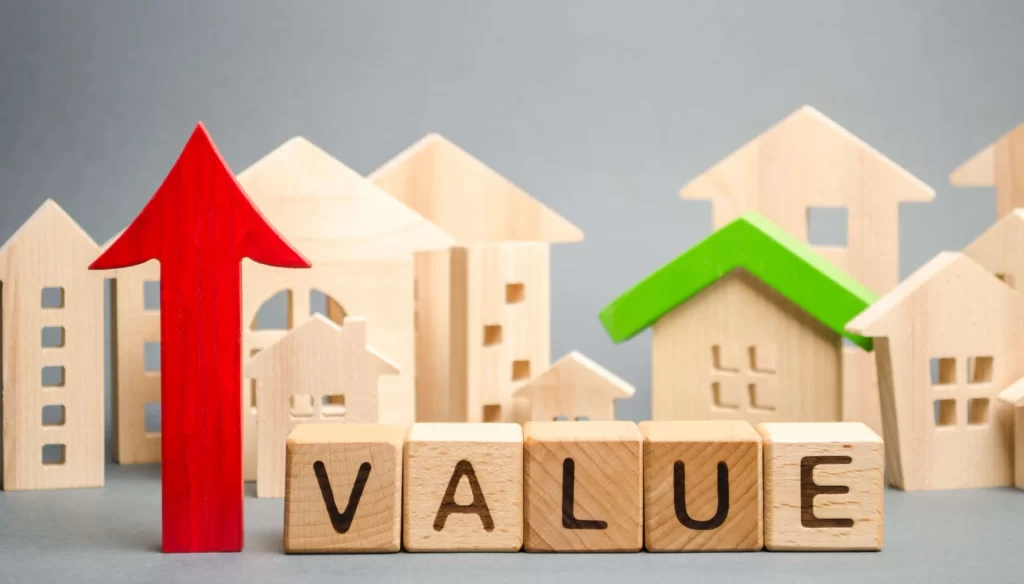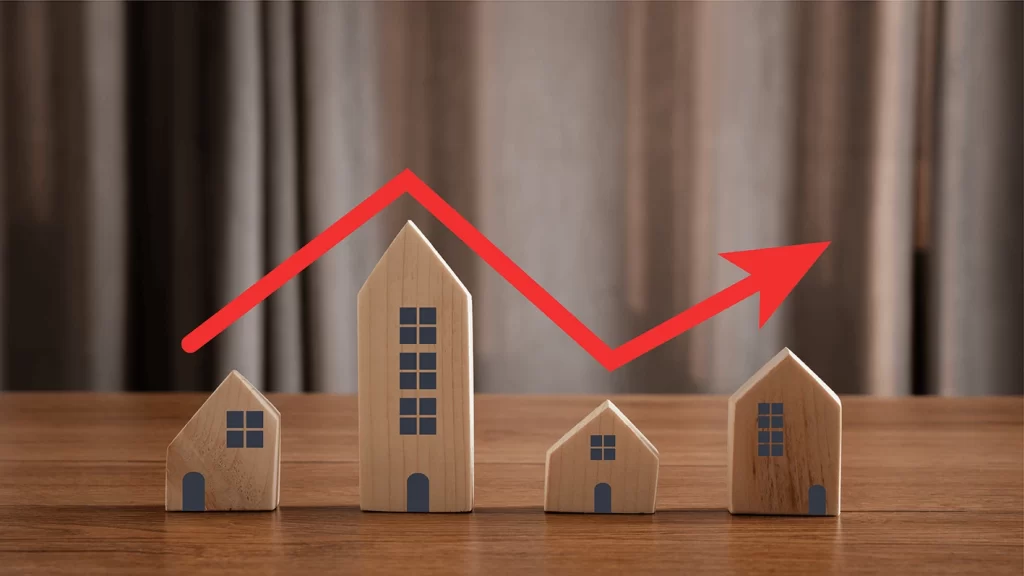What Is Fair Market Value of a Home & How Is It Determined?
If you’re thinking about buying or selling a property, you’ve likely asked: What is fair market value of a home? It’s a critical question that shapes real estate negotiations, listing prices, mortgage approvals, insurance coverage, and even tax assessments. While most websites offer a basic definition—“the price a property would sell for on the open market between a willing buyer and a willing seller”—there’s far more nuance to how this figure is actually calculated. From emotional pricing pitfalls to economic forces that often go ignored, understanding fair market value (FMV) requires peeling back several layers.
For homeowners and buyers in Mississauga, especially in neighborhoods like Applewood, where home values are climbing steadily, having a real estate expert on your side can make a world of difference. If you’re seeking professional guidance, our Real Estate Agent Applewood specialist is here to help you navigate the market with insight and confidence.
The Standard Definition: A Starting Point, Not the Full Picture

The Canada Revenue Agency (CRA) defines fair market value as “the highest price, expressed in terms of money or money’s worth, obtainable in an open and unrestricted market between informed, prudent parties acting independently.” But what does that mean in real terms?
In practical terms, it’s what your home would realistically sell for in a competitive environment. However, determining that value involves more than just plugging numbers into an online calculator. Factors like buyer sentiment, upcoming infrastructure, or even newly released school rankings can sway the market value more than many realize.
The Five Most Common Methods for Determining Fair Market Value
1. Comparative Market Analysis (CMA)
Real estate agents typically use a CMA, which involves analyzing recent sales of similar properties (often within the last 90 days). The comparison includes size, condition, lot features, upgrades, and location.
Little-known fact: Homes that back onto parks or natural reserves in Mississauga can sell for 6-10% more than similar homes without such features, even if they’re just a few blocks away.
2. Appraisal by a Certified Appraiser
Lenders often require appraisals to determine loan eligibility. This involves a professional assessing the home’s value based on both internal and external characteristics, along with local market trends.
According to the Appraisal Institute of Canada, 85% of mortgage-related property appraisals come within 5% of the selling price.
3. Replacement Cost Method
This method calculates how much it would cost to rebuild the property from scratch, factoring in depreciation. While rarely used for FMV in residential transactions, it’s often applied for insurance purposes or in areas with very few comparable properties.
4. Income Approach (Mostly for Investment Properties)
For rental properties, fair market value is sometimes calculated using the Net Operating Income (NOI) divided by the capitalization rate (cap rate). This is especially relevant for duplexes, triplexes, or homes with basement apartments.
Example: A Mississauga rental property generating $30,000 annually with a cap rate of 5% would have an FMV of $600,000.
5. Online Estimator Tools
Websites like Zoocasa or HouseSigma offer quick automated value assessments. However, these tools are based on public data and algorithms—they can be off by as much as 15-20% in fluctuating markets.
What Most Websites Don’t Tell You About Fair Market Value
1. Buyer Psychology & Emotional Anchoring
Most valuation guides fail to mention the emotional drivers of buyers. If buyers fall in love with a kitchen layout or a tree-lined street, their perceived value may exceed any logical formula. Strategic home staging can increase perceived FMV by up to 7%, according to a National Association of Realtors (NAR) study.
2. Hidden Costs That Impact Market Perception
Fair market value isn’t just what a home is worth—it’s what someone is willing to pay after factoring in things like:
- Expected renovations
- High property taxes
- Condo or maintenance fees
- Parking availability
A $1.2M home in Mississauga with $800/month condo fees may have a lower FMV compared to a freehold home at the same price point, simply because long-term costs discourage buyers.
3. Macro-Economic Influences
Changes in interest rates, employment levels, and immigration policy in Canada can heavily impact FMV. For instance, when the Bank of Canada raised its key interest rate from 0.25% in 2021 to 5% by mid-2023, average home prices in the GTA dropped by 18.6% within 12 months.
4. Seasonal & Temporal Factors
Most websites fail to account for the impact of listing dates. Homes listed in May or June in Mississauga typically sell 5-9% higher than those listed in January or February due to school year planning and better curb appeal.
5. Neighbourhood Trends
It’s not just about the home—it’s about the neighbors, too. A new commercial development, school, or transit station can drastically increase FMV. In Applewood, the upcoming Dundas Connects Corridor plan is expected to boost home values by 10-15% over the next 5 years.
Why a Local Expert Matters More Than Ever
While algorithms and charts are useful tools, they can’t replace hyper-local expertise. An experienced Real Estate Agent Applewood understands market micro-trends that even national analysts might overlook—like how a recently renovated community center or changes in bus routes affect buyer behavior.
Having someone who can price your home accurately and negotiate wisely could mean the difference between getting top dollar or losing tens of thousands due to a poorly timed sale or misjudged FMV.

Summary
Fair market value is not a fixed number—it’s a combination of analytical pricing, local knowledge, and market timing. Whether you’re buying your first home or preparing to sell in a competitive area like Mississauga, understanding what your home is truly worth is essential. From emotional cues to hidden financial factors, FMV is as much about psychology as it is about numbers. The good news? You don’t have to navigate it alone.
If you’re looking to buy or sell a home in Mississauga—especially in high-demand neighborhoods like Applewood—don’t leave your home’s value to guesswork.
Our Real Estate Agent Applewood expert is ready to help you uncover the true worth of your property. We use detailed market analysis, deep local insight, and proven negotiation tactics to ensure you get maximum value.
Whether you’re planning to move, invest, or simply get clarity, we’ll guide you every step of the way. Contact us today and let’s start with a free, no-obligation consultation to evaluate your home’s fair market value with confidence.
Follow our social media pages below:
Find out more articles that can help you below:
How to Find Out the Appraised Value of a Home
What Is Fair Market Value in Real Estate
Eco-Friendly Home Improvements That Boost Property Value in Mississauga

